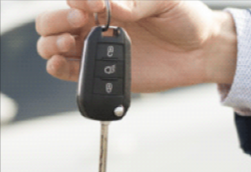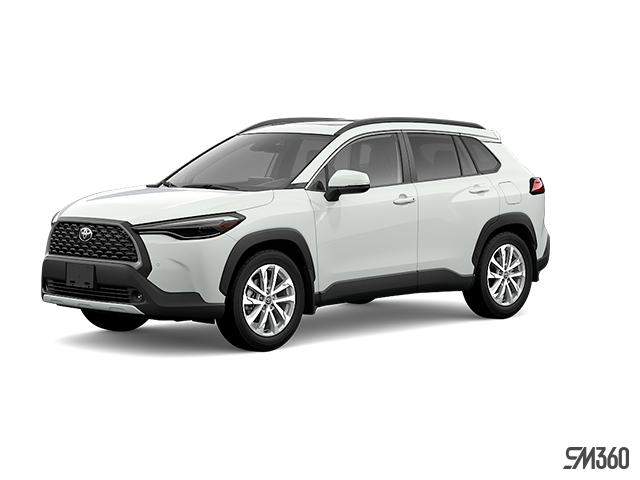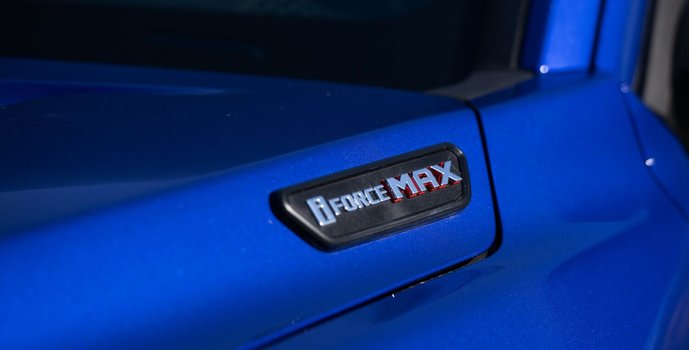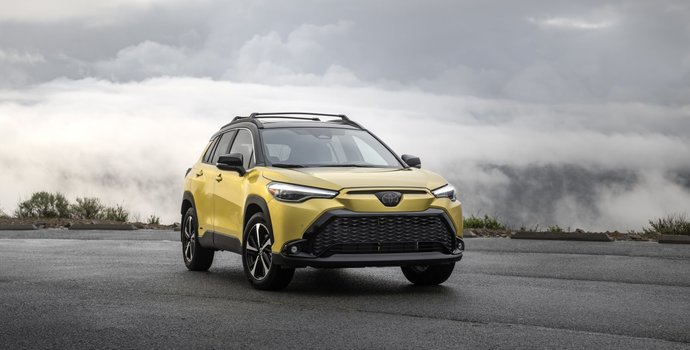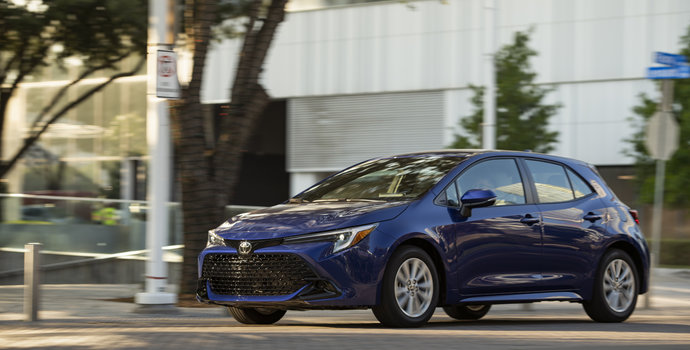When it comes to your next vehicle, you may have weighed your options on whether to lease or finance. Which option makes the most sense for you? Which option will provide you with the most value? Perhaps you’ve never leased a vehicle, and if so, there are important answers you need to know before you take your vehicle home for the first time.
What does it mean to lease a vehicle?
When you lease a vehicle, you do not own in. Lease payments reflect the fixed amount of time you use the vehicle. At the end of your lease term, you can either return the vehicle or buy it. You can finance the remainder of the vehicle cost at the end of your lease, and at the end of the payments, you will own the vehicle outright.
How do lease payments work?
Lease payments are based on the whole value – or selling price – of the vehicle you are interested in. Lease payments are also based on the length of time you’re looking to lease for. Lease terms are typically 3-4 years, but you can choose to lease for a shorter or longer period as well.
What is residual value?
By the end of your lease, your vehicle will have a residual value. The residual value represents how much a vehicle can be re-sold at the end of the term.
How can I get out of a lease term?
If vehicle leasing is no longer a feasible option for you, there are ways that you can get out of your lease term. At this point, you might want to consider buying out your vehicle lease. At any point in time, you have the option of buying out the rest of the cost and term remaining in your lease.
You can also transfer your lease to someone else. This option is beneficial for the new leasee because they’ll have saved on some of the costs associated with signing a new lease. It’s beneficial to you as well, because it’s the least expensive way to terminate a lease.
To learn more about getting out of a lease term, click here.
When to buy vs. when to lease.
Whether to buy or lease will depend on how long you’re looking to have your vehicle. If you feel that you’re going to want another vehicle in a few years, leasing is the best option. If you don’t intend to purchase another vehicle in the foreseeable future, financing is the better option. But you always have the option to buy out your lease, too.
Can I lease a used car?
It is possible to lease a used car; however, leasing options are limited to a small number of luxury brands and specialty dealerships in Canada. If you find a used vehicle you like that can be leased, there are some advantages. It’s likely that your lease payments will be lower because of vehicle depreciation. You’ll also still be able to return the vehicle at the end of your lease.
Can my business lease a car?
You can lease a car for your business. In fact, there are huge advantages for leasing a business vehicle like tax savings and being the overall less expensive option. There are some additional costs to leasing a car for your business, so be sure to ask your Sales Representative what those costs entail.
Does leasing a car help build your credit?
Leasing is a great way to build your credit or bring your credit back up. If you’re making your payments on time, leasing is a great way to show future lenders that you can commit to repaying a debt.
Does leasing impact my insurance rates?
There is no difference in insurance premiums and deductibles, whether you choose to lease or finance.
Can I lease a demo vehicle?
Demonstrator – or demo – vehicles are typically driven by a manager or salesperson at the dealership for a short period of time. Because demo vehicles have never changed ownership, they are still available for most new car leases and incentive plans.
So, if you’re looking to lease your next vehicle, visit us at Oakville Toyota, and let us help you into a vehicle from our extensive lineup. We’ll be happy to answer any questions you may have about leasing and help you decide whether leasing or financing is the best option for you. Contact us or come in for a visit today!


